Kirkwall lifeboatman Kenneth Gee has been recognised in the 2025 New Year’s Honours List.
An RNLI volunteer for 24 years, he was made an MBE for services to maritime safety and to the community in Orkney.
Kenneth, 47, a production operator for Repsol at Flotta oil terminal, said: “When I found out I was actually on night shift at the time.
“I had woken up and come downstairs and there was a letter with a fancy cover on it.
“It said On His Majesty’s Service or something like that and I thought, oh my God, what’s this?
“Then I realised I’d been nominated for an MBE and after that I was high as a kite.
“My wife Kelly was in the house when I opened it and I think she was even more excited than me, but we weren’t allowed to tell anyone and that was quite hard to keep it a secret.
“It doesn’t seem real yet. Hopefully I’ll come to terms with it soon, but it was a shock to be nominated. A good shock though.”
Interest in RNLI Kirkwall started as a boy
Kenneth explained his love for the RNLI started as a youngster.
He said: “When I was little, maybe about seven, I remember my grandad telling me about the Longhope Lifeboat disaster, how the crew had sacrificed themselves to save others.
“After that, I wanted to know more and more about the RNLI and I just wanted to be part of it.
“I grew up in Orphir, a small parish, and when I moved to Kirkwall one of the crew members asked if I wanted to join the lifeboat and I jumped at the chance.
“It’s one of the best decisions I’ve made. It has been really enjoyable to work with them. They are like another family.
“I’ve always had a connection with the sea. When I was little we used to go out in our little boat and we had creels, me and my dad and my brother. We would go fishing and kayaking.
“I suppose the sea is just part of your life when you’re surrounded by it and you make the most of it and enjoy it.”
One of RNLI Kirkwall’s most challenging call-outs
Asked about his most memorable incident with the lifeboat he said: “I remember once, it was the middle of the night, with a strong north-westerly wind and we went out to a yacht called the Black Sheep.
“It was halfway between Shetland and the Faroes and they got into difficulty and set off an emergency beacon.
“We managed to launch the lifeboats and head out.
“But then the sea conditions were terrible. I remember looking out of the wheelhouse window and you couldn’t see the top of the wave in front of you. It was a big sea.
“We eventually located the vessel and it was a strange morning when the light came up because it was a yellowy kind of glow.
“It turned out it was when that Icelandic volcanic ash had gone into the atmosphere.
“It was a strange kind of light and we didn’t know why the sky was that colour. We only found out when we got home.
“We started towing the vessel and the Shetland helicopter assisted.
“They stood by when we started towing them and eventually the helicopter had to go back.
‘My car had changed colour’
“I mean, they put themselves at risk as well knowing that they were flying through the ash.
“I would certainly say that was one of the most challenging call-outs we had.
“It was one of those moments, when you think, oh my, are we going to get through this?
“When we got back into Kirkwall, my car was parked on the pier. It was a black car and it had changed colour. It was a kind of white colour.
“An old man walked past and said: ‘Don’t use a brush’.
“I was like, what on Earth is going on? He said: ‘That’s volcanic ash’.
“That’s when I realised why the sky had appeared so strange, that orange colour.
“That was a bit scary at the time. You know, if anybody says that they’re not scared… well, I’ve been quite confident over the years, but I’d put my hand up and say I was scared.”
How do lifeboat crew members manage fear at times like that?
“Well, we are all there for each other. We have a job to do and we know we’ve got to do it.
“If there’s somebody’s life at risk, you just want to get there and get them as fast as you can and hope for the best outcome.
“And we’re all a team. It’s not one individual person taking all the glory on a call-out. It’s all links in a chain and everybody’s got their part.”
Read more: New Year’s Honours: The 14 recipients from Oban, the Western Isles, Orkney and Shetland.
New Year’s Honours: The 13 recipients from Moray, Inverness and the Highlands.
New Year’s Honours: The 8 recipients from Aberdeen and Aberdeenshire.
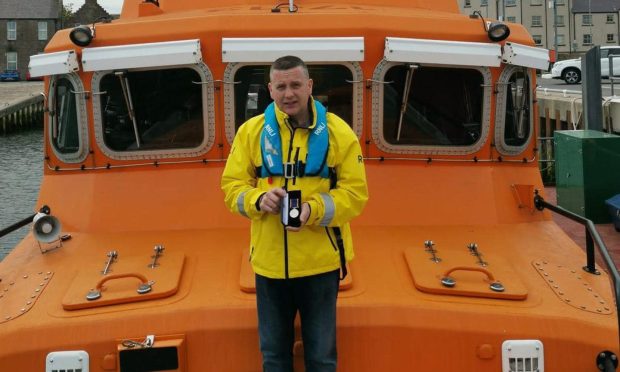
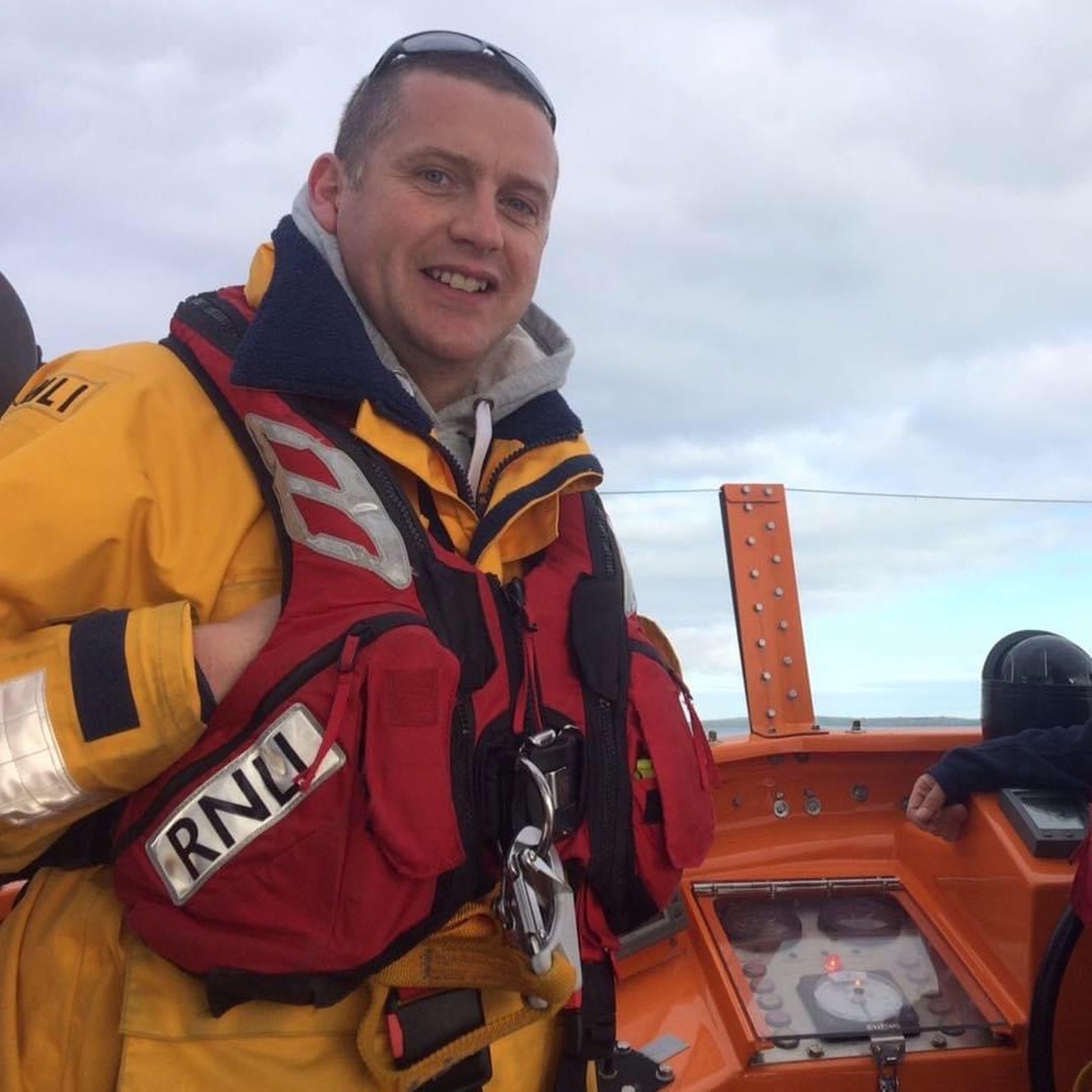
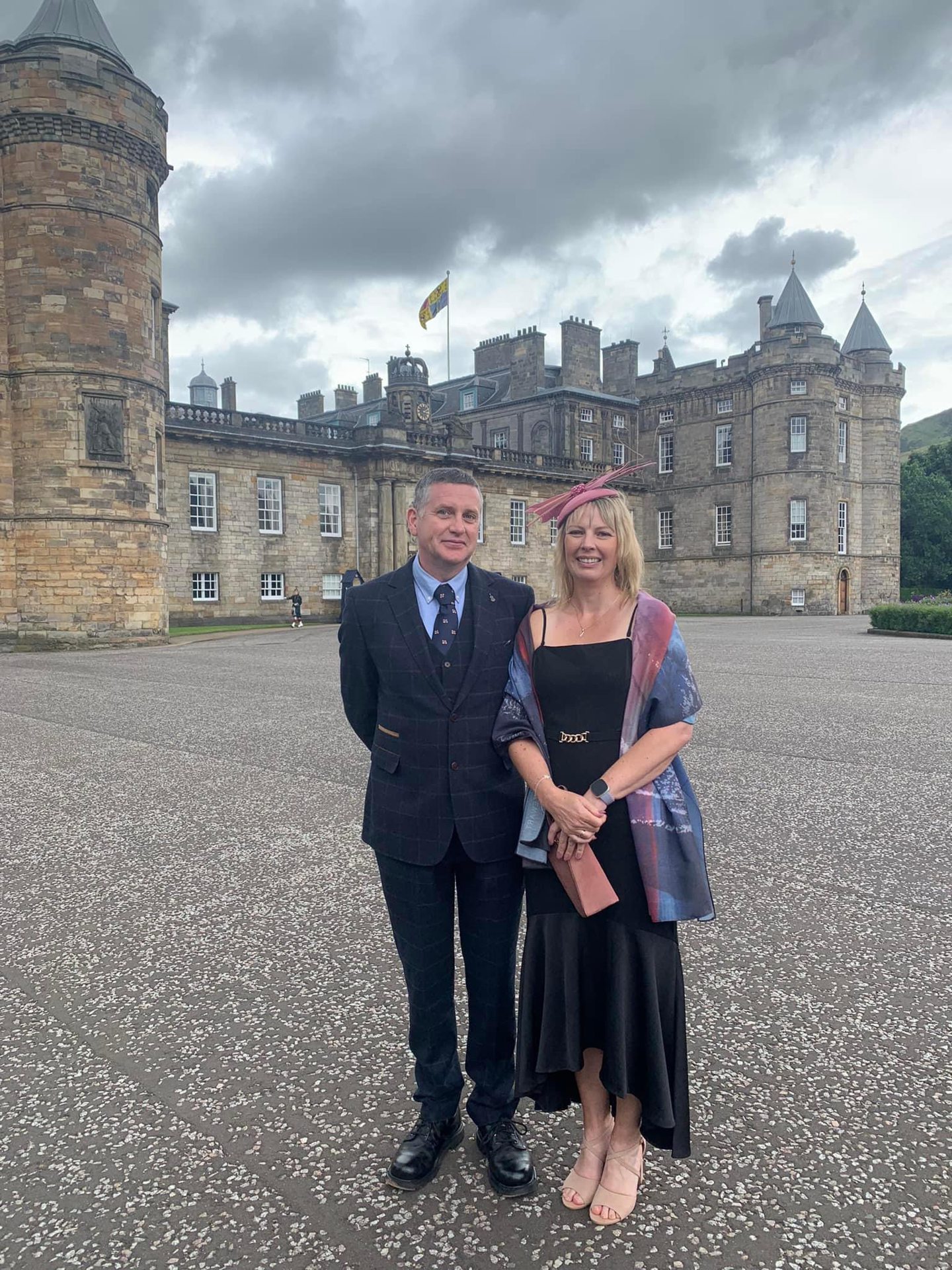
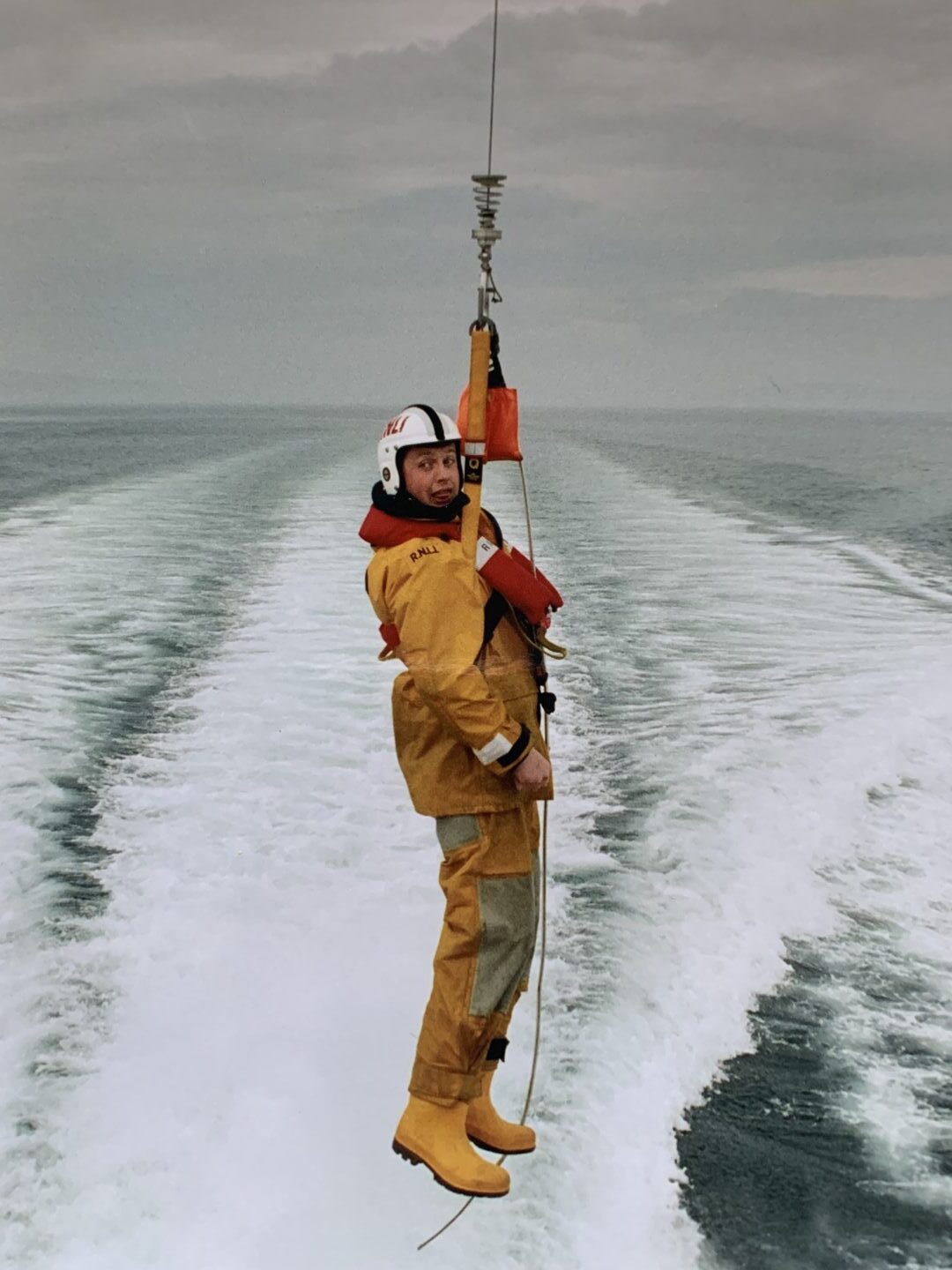
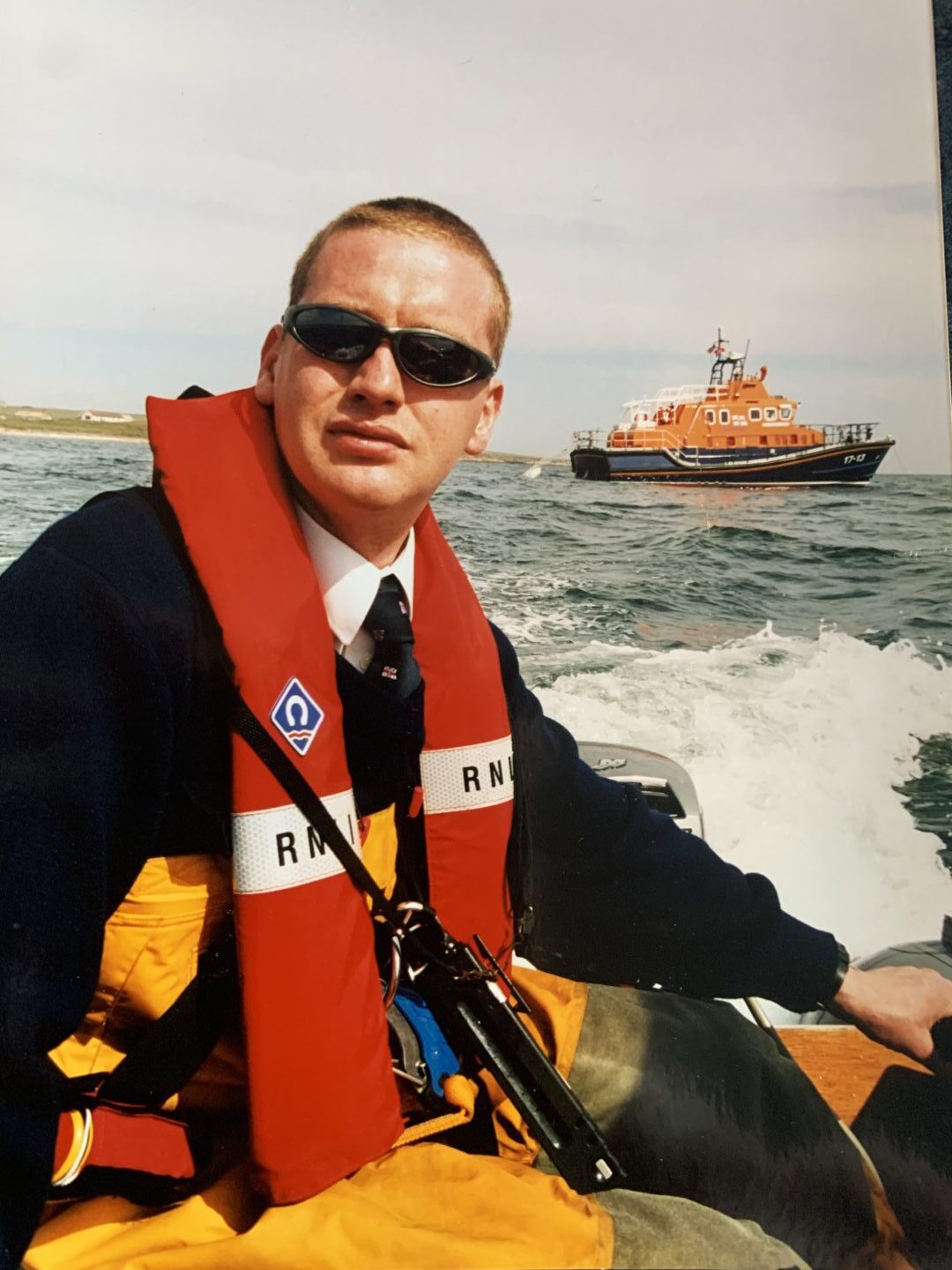
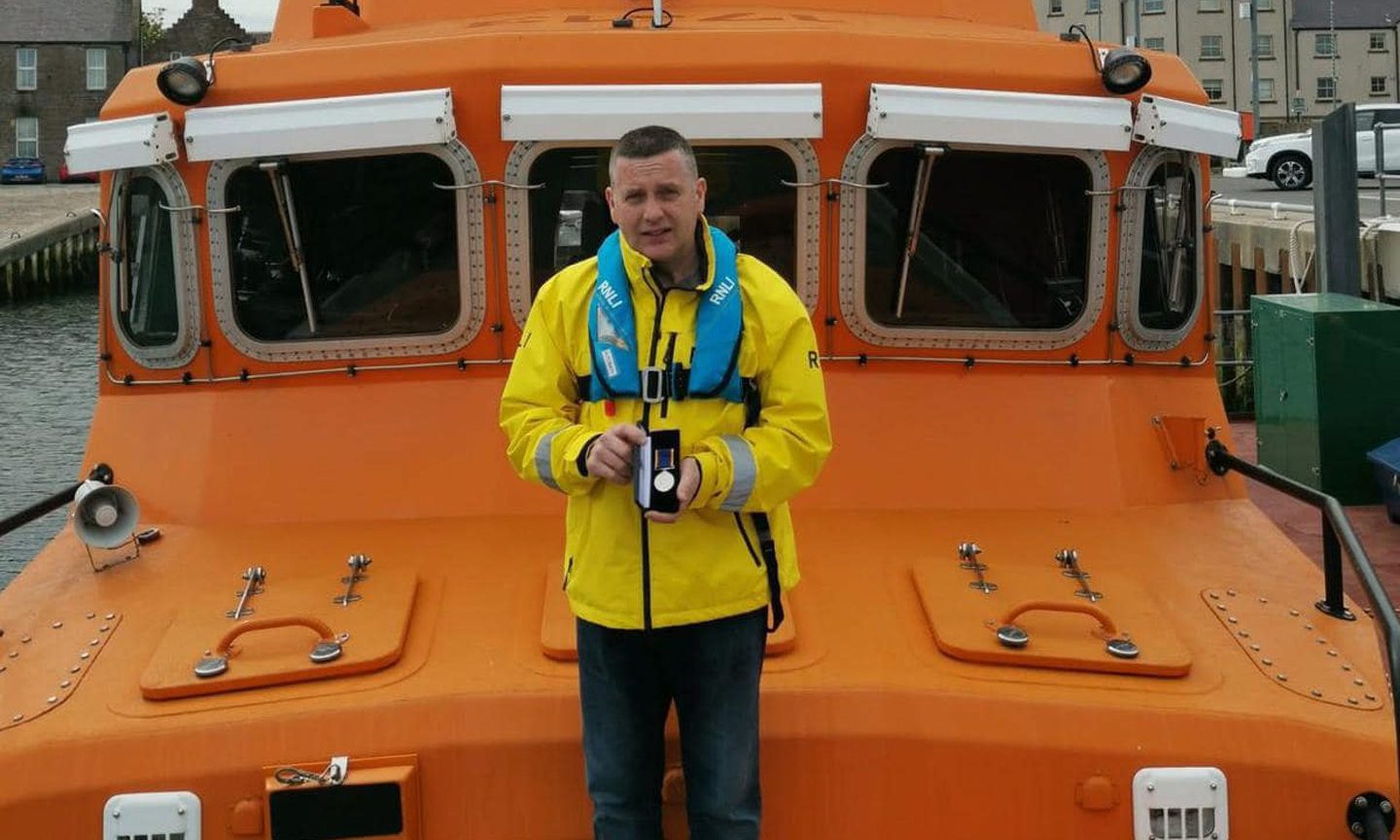
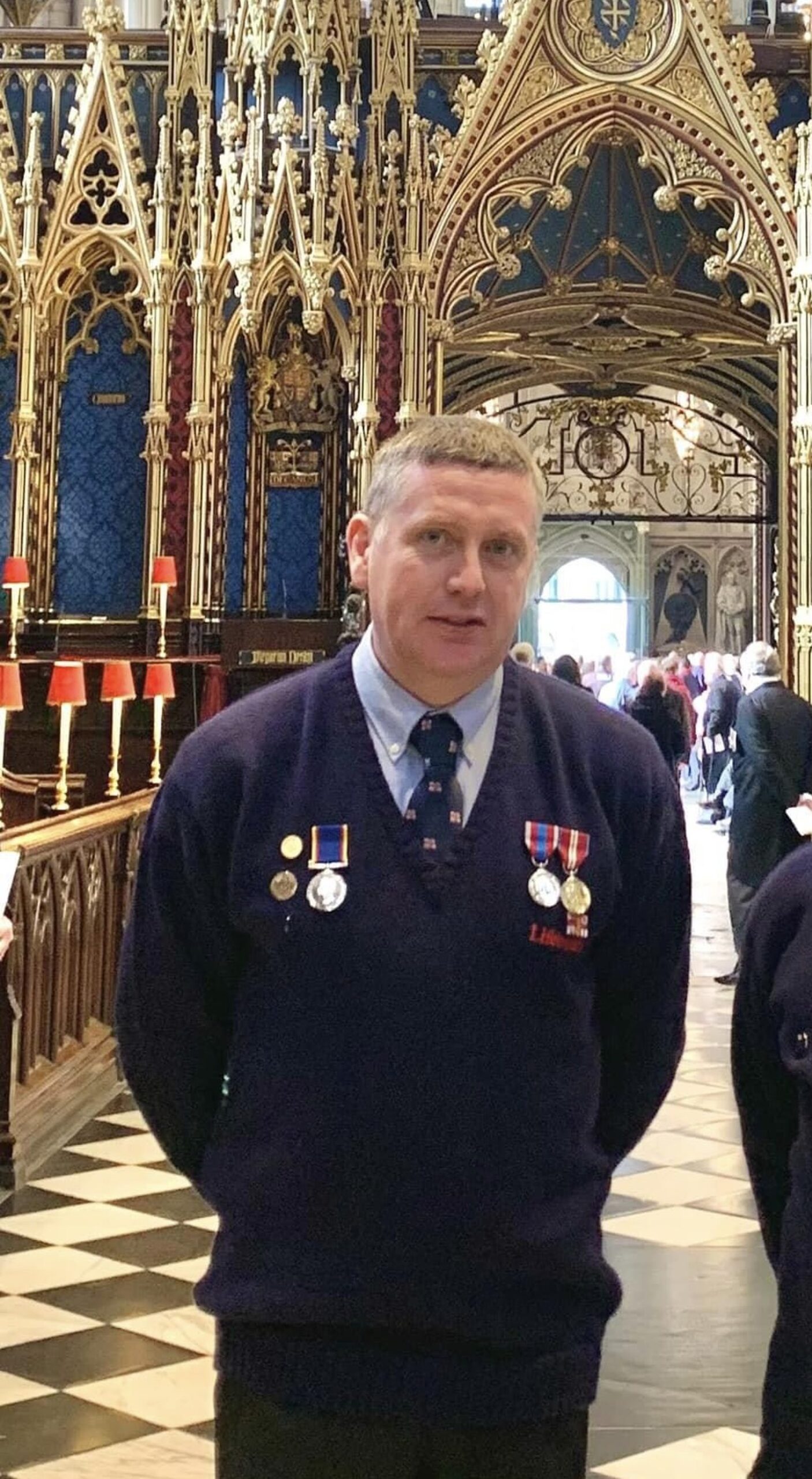
Conversation